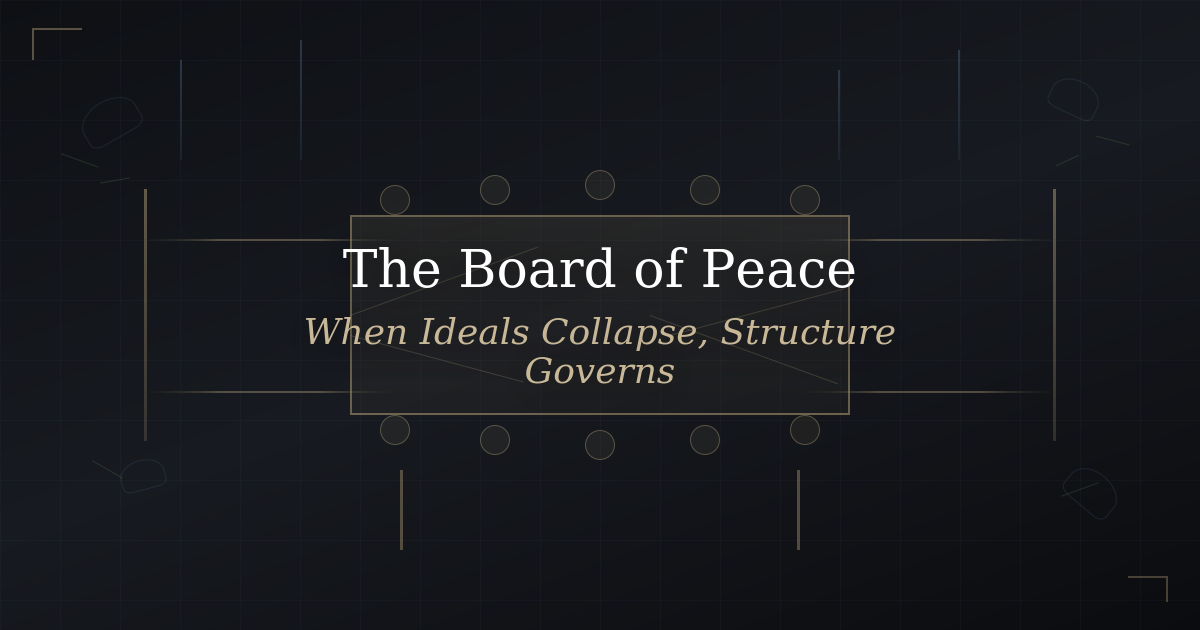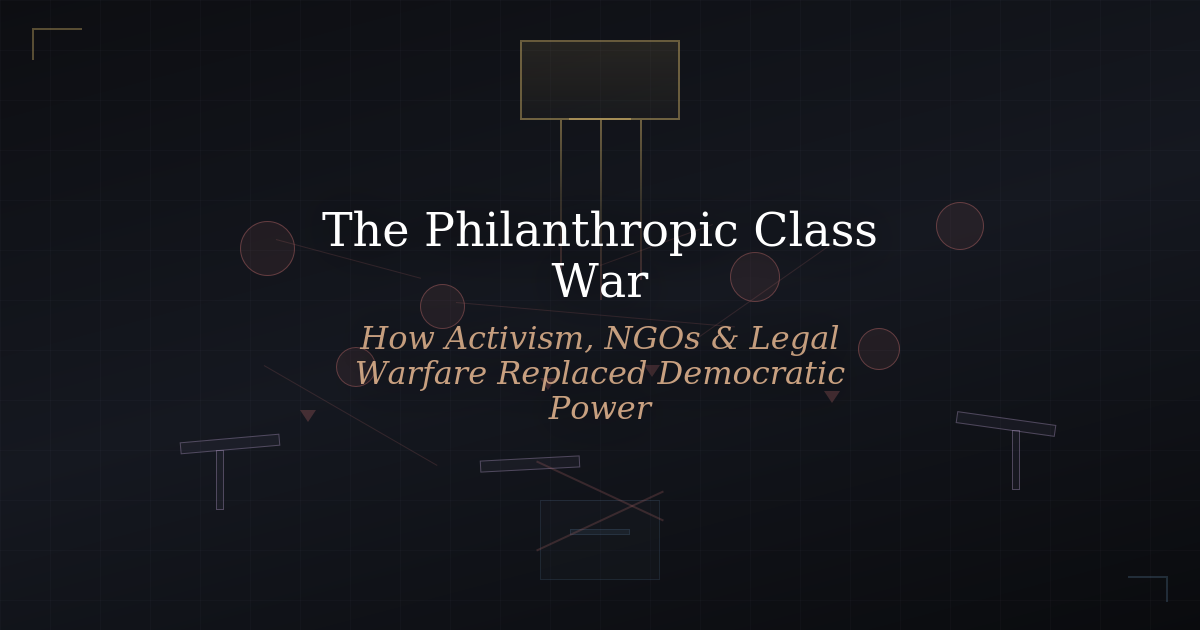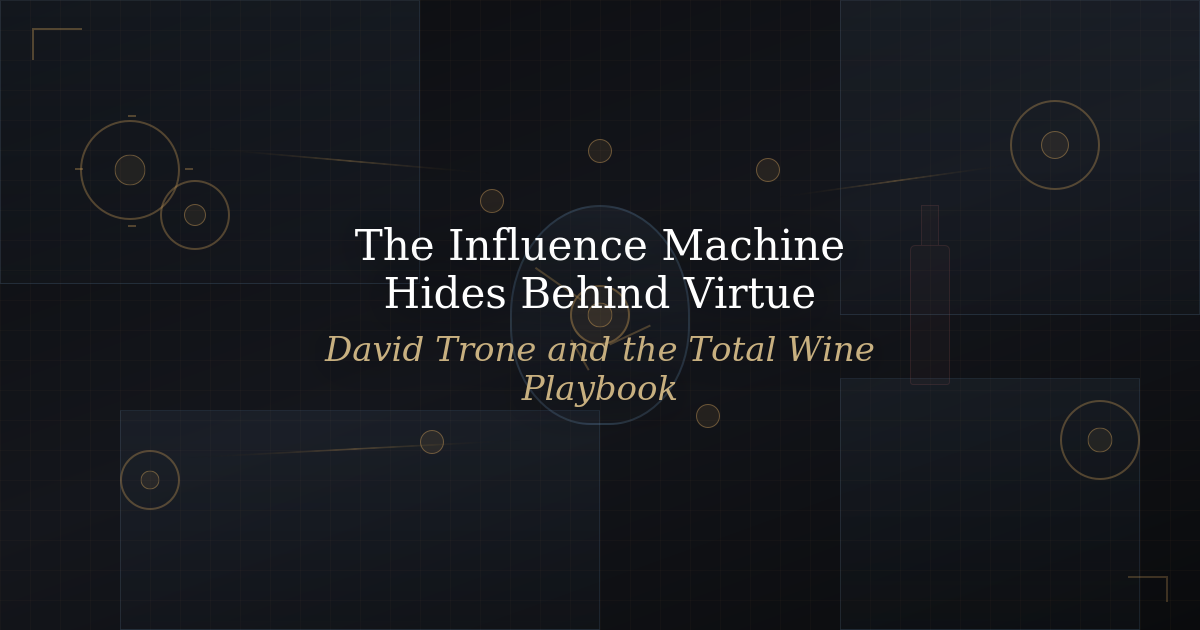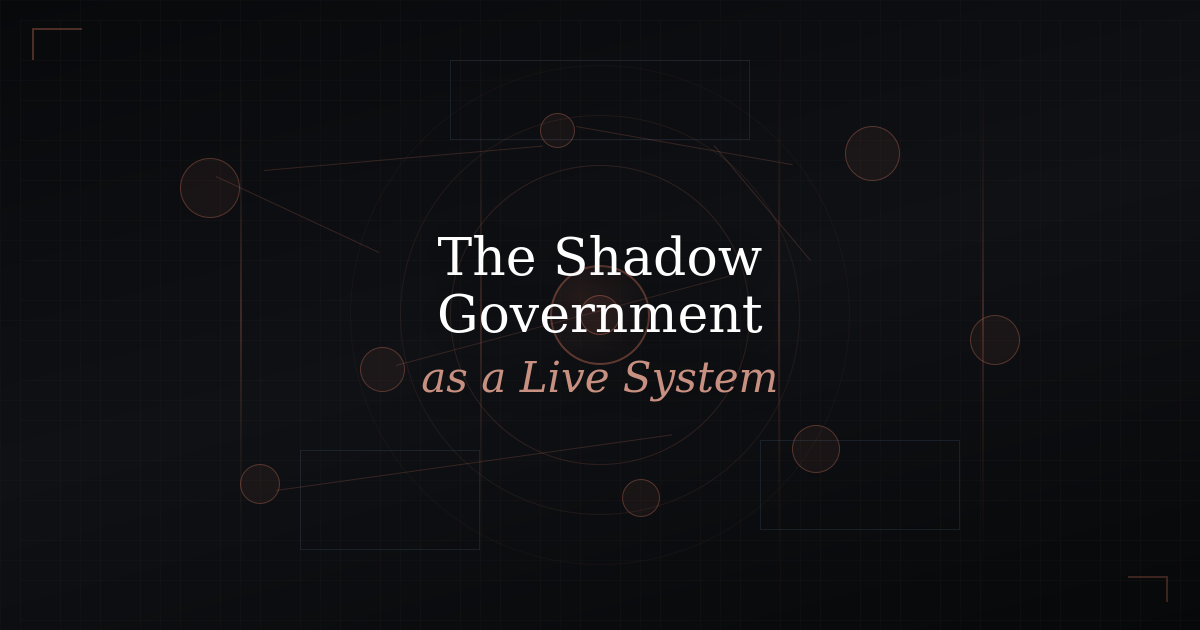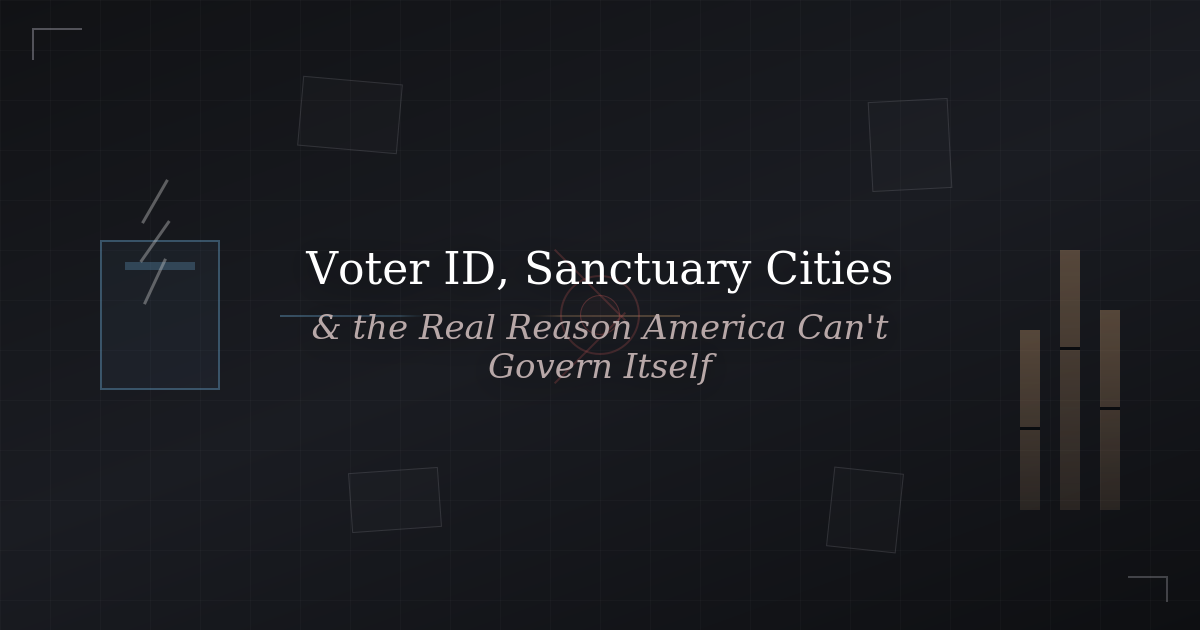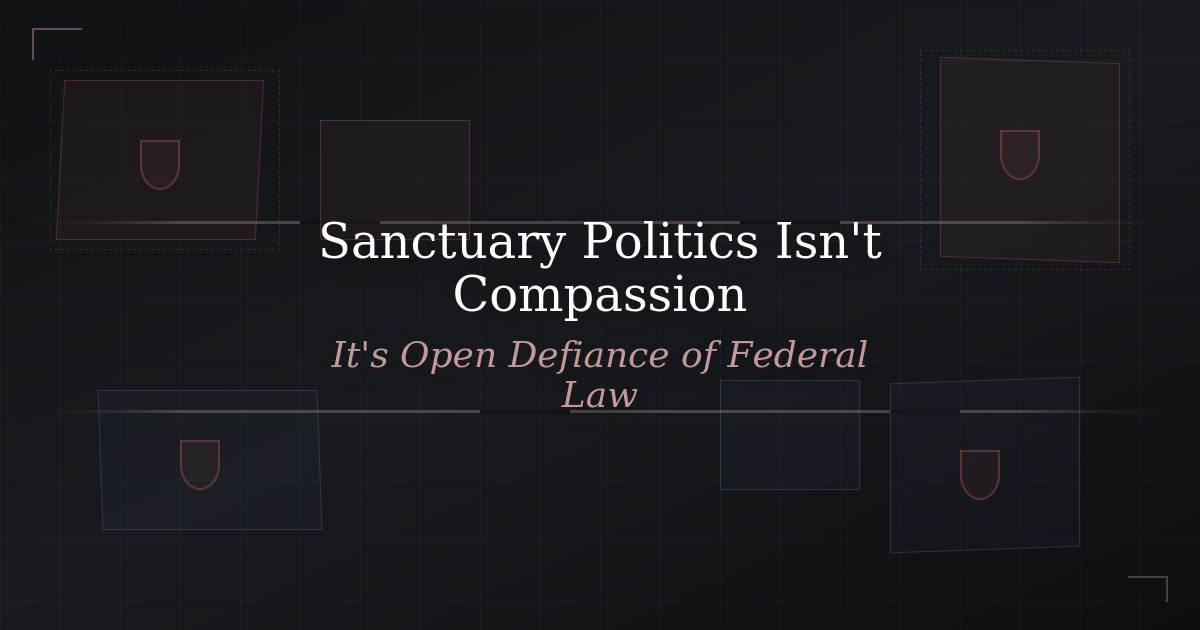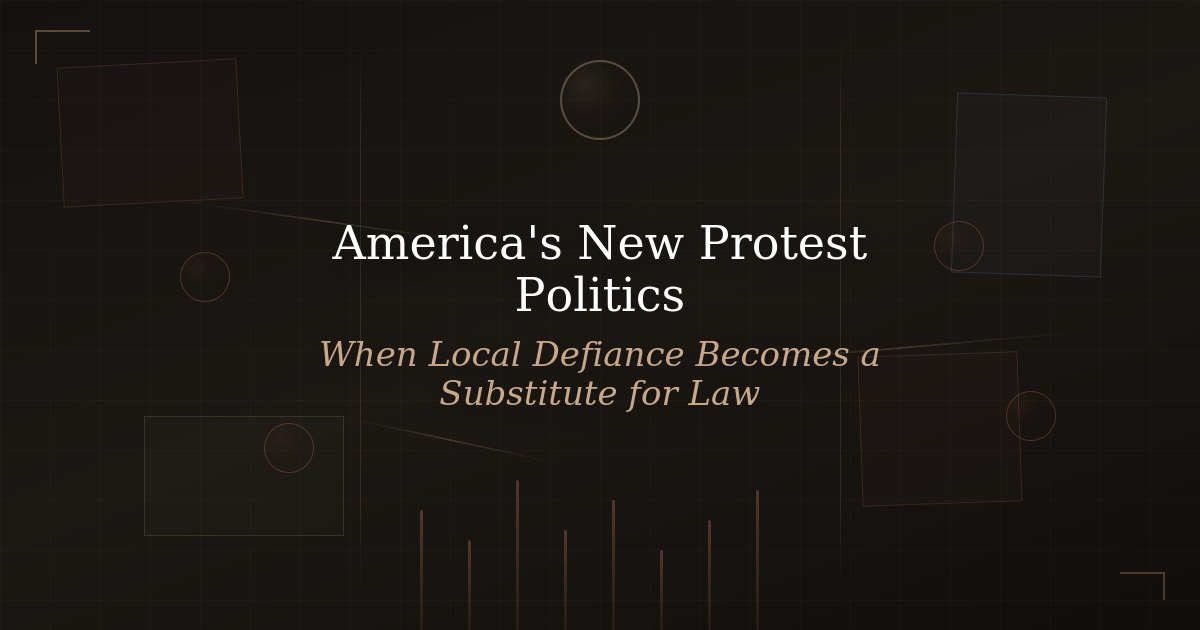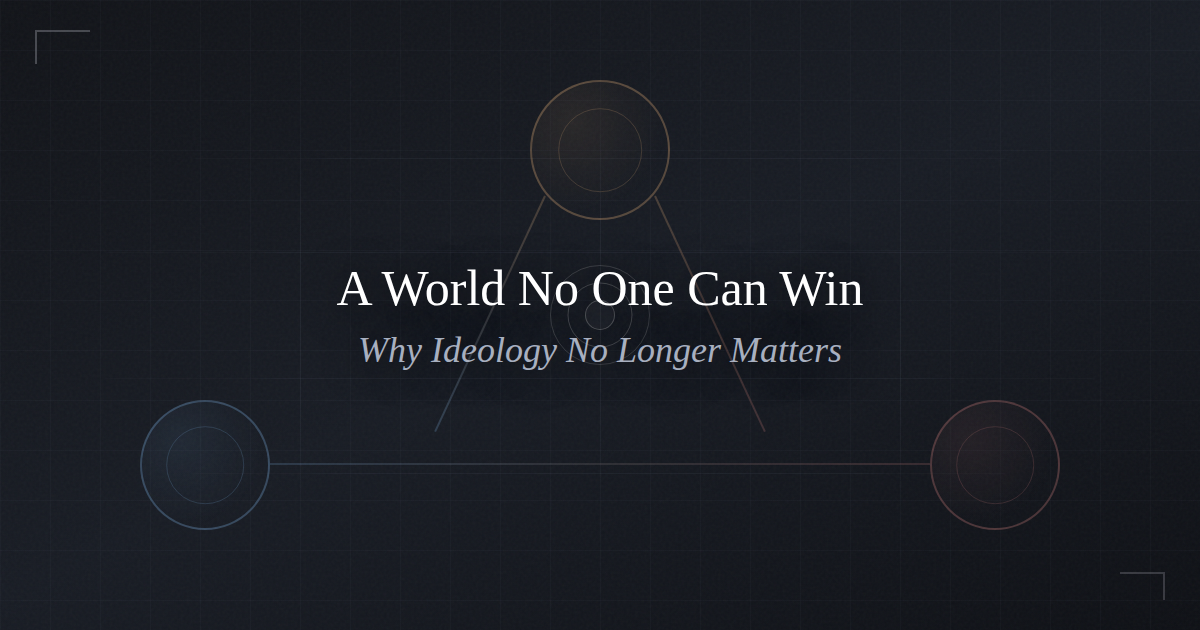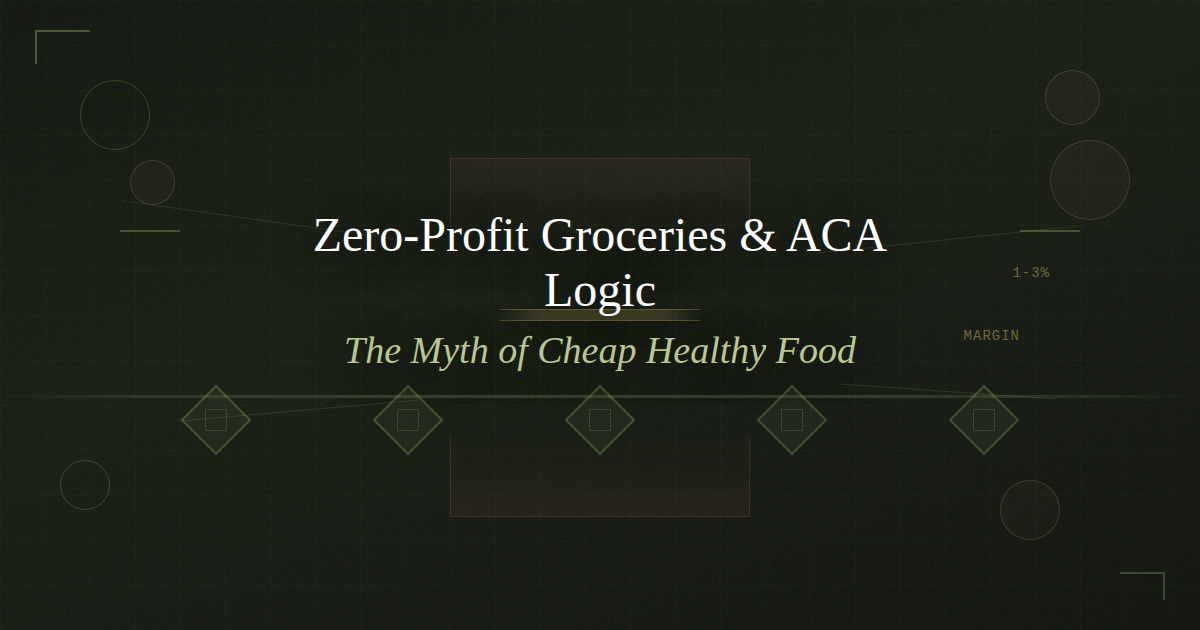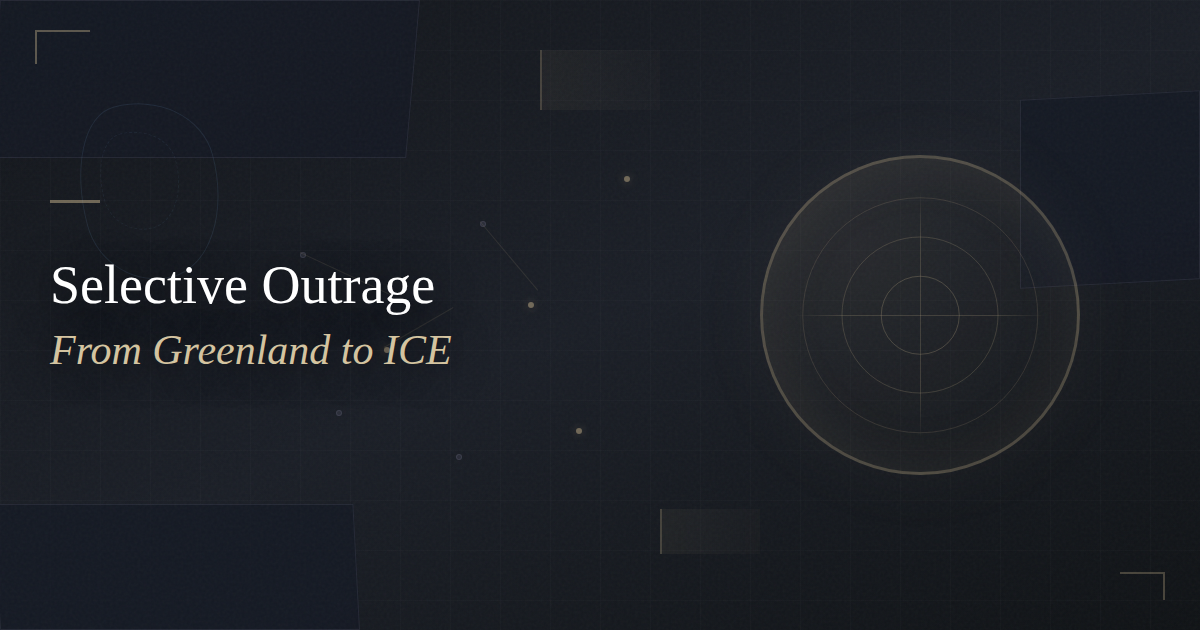The Middle East: Religious Extremism and the Failure of International Institutions
The Middle East remains an unsolvable problem—is this purely because of history? How did it function before 1948 ? Here’s another view of history , the role of the initial activists , a timeline of conflicts , and the current theocracy. Hamas and Hezbollah, some of the militant wings of the Iranian regime , like ISIS before them, are simply tentacles of Iran’s and the mullahs’ religious ambitions. They share one single goal: to fight the infidels—meaning the Western world, Israel, and the United States. Meanwhile, Europe has already been infiltrated, thanks to open immigration policies and a “tolerant” population, making it vulnerable to peaceful conversion. Israel and the U.S. remain the primary targets—sometimes for reasons some deem justified, but often simply out of hatred.
Israel is a very powerful mobilizing issue because many of these groups believe that the destruction of Israel is necessary to facilitate the return of the Hidden Imam . Shiism holds the belief in the return of the Twelfth Imam, who entered occultation sometime in the 9th century and will return at the end of time as the Mahdi, bringing about the destruction of Israel and the Jews. These kinds of millenarian ideas—which we also saw in the Islamic State’s Sunni context—are still present.
Yes, Palestine has a right to exist. Israel was granted statehood in 1948—a decision never accepted by theocratic thinkers. Once they became the legitimate authorities in Iran, following a disastrous political move by the Carter administration and Carter’s submission to the Ayatollahs, and with George W. Bush allowing and sanctioning Hamas’s takeover of Gaza through “elections,” the region’s dynamics became even more complicated.
Meet the Islamic Revolutionary Guard. It’s not Iran’s National Guard—it’s an Islamic Revolutionary force, conducting military operations across multiple countries not to defend Iran, but to promote Islamic fundamentalist values.
So, after years of buildup , the October 7 attacks were a situation many expected—a clash between two nations determined to end a conflict spanning over 10,000 years, through either total destruction or surrender, with the outcome still open. From the early 1980s onwards, the Iranians developed a strategy of forward defense. This essentially meant that if a conflict arose with their enemies—in the Gulf, or with Americans or Israelis—it would not be fought on Iranian soil. This is why they helped found Hezbollah in the early 1980s. Hezbollah emerged from other Shia groups, particularly Amal, which still exists. Hezbollah then received training from Iran’s Revolutionary Guards, as well as significant weapons transfers and financial support, which has continued for 40 years.
And where is the UN in all of this? A total failure. The world insists that Iran must never possess nuclear weapons. Yet, like Saddam before them, Iran has built bunker systems so deep underground that no one can reach them, claiming they’re enriching uranium for “peaceful” energy—even as they chant “Death to America.” Meanwhile, Americans are busy shouting “Nazi” and “fascist” at their own president. How is it that for those same people, theocrats and sharia law are considered friends? The UN, true to form, calls an emergency meeting—with predictable results: condemnation of the bombings and reaffirmation of Iran’s right to exist, including its terrorist wings. Just ask George W. Bush and the UN Secretary about democratic elections—it’s all man-made problems.
What are the options? Germany obliterated all of Europe—including Russia—during WWII, yet it was possible to form the European Union. Yes, Stalin and the often-drunk Soviet leadership held Eastern Europe tightly until 1990. When the Berlin Wall fell, a historic opportunity was missed. Here’s an excerpt and a recent interview with a Russian historian : perhaps one word could resolve everything—trust—but ideology always takes over.
Maybe he has a point—since the 1990s and the end of the Cold War. In 1990, negotiators reached an agreement that a reunified Germany would be in NATO under West Germany's existing membership. Following the dissolution of the Soviet Union in 1991, many former Warsaw Pact and post-Soviet states sought to join NATO. Poland , Hungary , and the Czech Republic became members in 1999, amid much debate within NATO itself. NATO then formalized the process of joining the organization with "Membership Action Plans," which aided the accession of seven Central and Eastern European countries shortly before the 2004 Istanbul summit : Bulgaria , Estonia , Latvia , Lithuania , Romania , Slovakia , and Slovenia . Two countries on the Adriatic Sea — Albania and Croatia —joined on 1 April 2009 before the 2009 Strasbourg–Kehl summit . The next member states to join NATO were Montenegro on 5 June 2017, and North Macedonia on 27 March 2020. The Italian defense minister questions the relevance of NATO, suggesting perhaps a different approach focused on peace and inclusion. Some believe that engaging Russia diplomatically could make NATO obsolete and potentially eliminate the Iran question , shifting focus to the West versus East dynamic. With China representing the East, at least Europe might gain access to substantial natural resources.
BRICS is quietly reshaping the world. Meet Gabriel Honrada, the woman quietly leading a banking revolution. Currently, BRICS encompasses 80% of the world’s population and commands a similar share of global resources. It may be time for the United States to invest in peace rather than war efforts, aside from maintaining a global rapid-response force. Peace in Ukraine and Iran/Gaza is essential as a starting point. With Iran, there’s a risk it could become another North Korea, albeit a religious one.
NATO, with the current summit underway , sees Mr. Rutte recognizing the needs of the time. He is also a consensus builder who focuses on constructive problem-solving rather than confrontational rhetoric. As Mr. Zelensky is attending, he is appearing in a suit, which is a great step towards peace.
Netanyahu and Zelensky: are they the two most dangerous and erratic leaders or the greatest leaders of their countries? Call it what you will—both possess strengths and flaws. Both are hardliners and perhaps weaker on diplomacy and negotiation, preferring responses through force. Both have allowed conflicts to escalate past the boiling point—consider Hamas’s longstanding presence, or Russia’s rejection of Ukrainian NATO membership. Perhaps these conflicts were provoked battles—imagine North Korea invading China; it’s a similar comparison. Nevertheless, both countries possess highly capable intelligence units conducting decisive operations, leaving one to wonder how October 7 could have happened.
Here’s another peace institute. The vision of the Cato Institute is a free and open society in which liberty allows every individual to pursue a life of prosperity and meaning in peace. You might ask whether this contradicts Soros’s concept of an open society. Perhaps both are battling in the wrong places. Capitalism is an open society , isn’t it? (Note: The video is from 2010, and Soros is currently banned from any activities in Hungary.)
On the other side of the peace debate stands a British imperialist trying to run Russia. Britain's obsession with the Russian bear is as old as the Empire. When the Tsarist Empire reached into Central Asia, alarm bells rang in London: India, the crown jewel and milking cow, was threatened. The Empire is passé, but the image of Russia remains. When Prime Minister Boris Johnson torpedoed an early peace between Kiev and Moscow, he probably felt like 007 incarnate. (translated) Here’s the thinker.
This is how you educate hatred —or is it propaganda? Here’s information on the Jewish population in Russia. But ultimately, everything is relative, depending on what you read.
Next up: the conclusion of the NATO summit, discussions on Ukraine and Iran, and the outlook for the rest of 2025.

